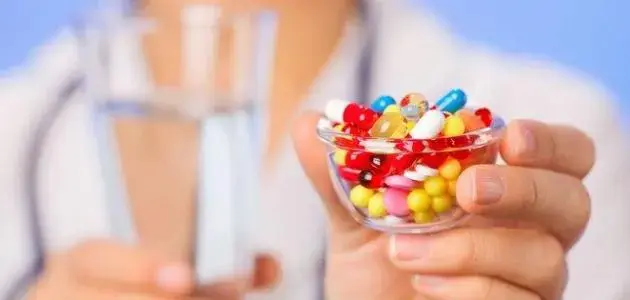Our bodies need a bunch of vitamins and minerals to give us energy, keep us healthy, and help us grow properly. Vitamins are organic compounds that have important roles in the body. Some are naturally made inside us, but most come from the foods we eat or supplements we take.
Here’s a quick rundown of some key vitamins you should keep an eye on and the foods that are good sources, so you can avoid getting sick or dealing with inflammation.
Vitamin A
Vitamin A helps keep your bones and teeth strong, prevents bone loss, protects your body’s mucous membranes, and keeps your skin looking youthful by fighting early aging and wrinkles. Not getting enough can lead to night blindness, dry eyes, and eventually vision loss. You can find vitamin A in leafy greens, liver, seafood (especially fish), carrots, sweet potatoes, squash, eggs, and cheese.
Vitamin D
Vitamin D helps your body absorb calcium, protecting kids from rickets and keeping bones and teeth strong. The best sources? Sunlight, sardines, eggs, mushrooms, and fortified grains.
Vitamin E
Vitamin E is key for making red blood cells and protects your body from oxidative damage. You’ll find it in corn oil, almonds, nuts, yogurt, lentils, chickpeas, avocado, and kiwi.
Vitamin K
Vitamin K helps your blood clot properly. Without enough, you might have trouble stopping bleeding, especially when you get hurt. It’s in parsley, leafy greens, fish, liver, avocado, and kiwi.
Vitamin B1 (Thiamine)
Some people call this one biotin, but it’s actually thiamine. It turns carbs into energy, keeps your heart healthy, and protects your nervous system. If you’re low on it, you might feel weak, tired, lose muscle feeling, or get a fast heartbeat and shortness of breath. You can get B1 from yeast, potatoes, oranges, and eggs.
Vitamin B7 (Biotin)
Also called biotin, this vitamin speeds up metabolism and hormone production. A deficiency can cause digestive problems and skin issues. You’ll find it in egg yolks, yogurt, nuts, yeast, and liver.
Leave a comment
Your email address will not be published. Required fields are marked *




